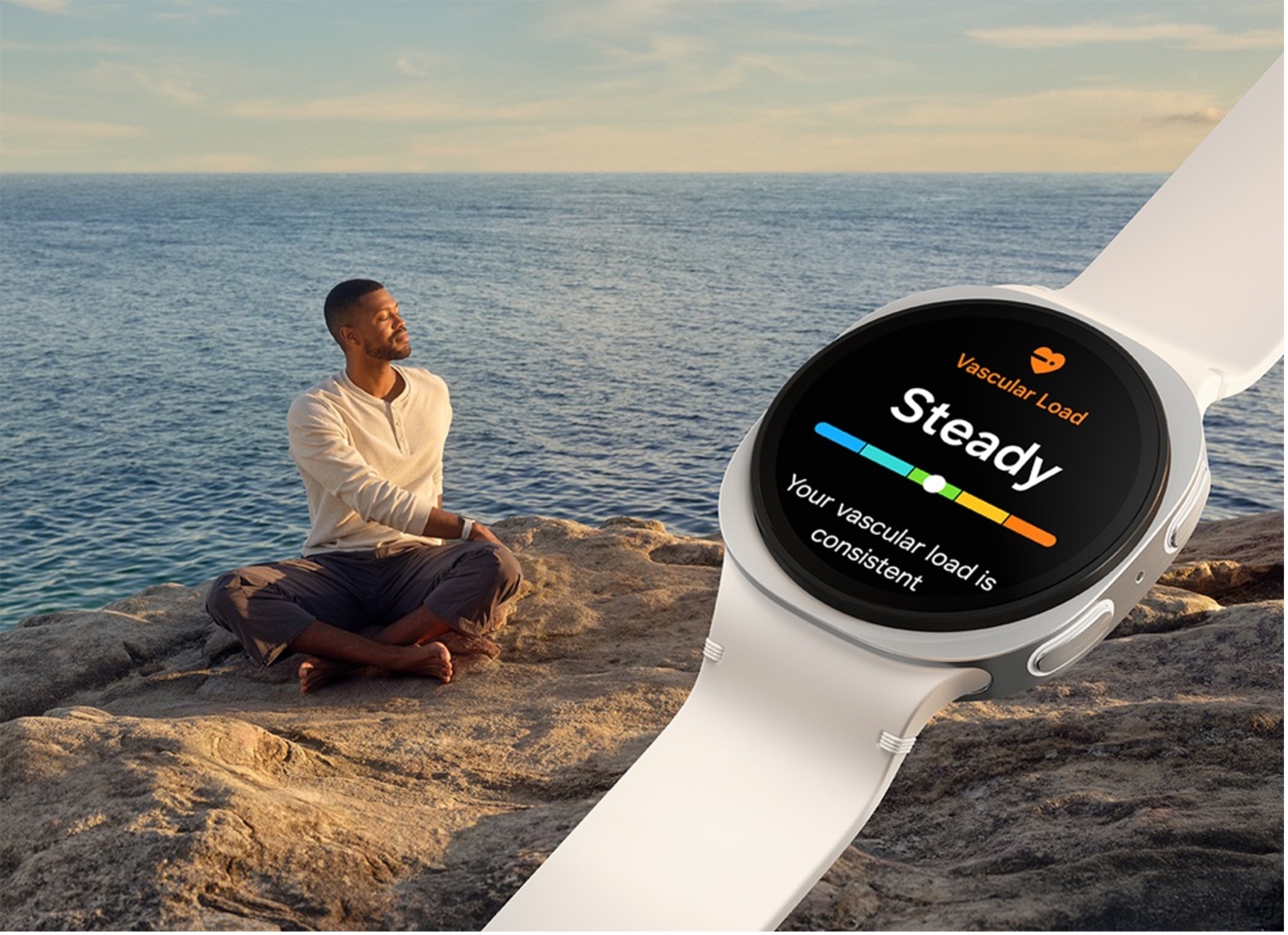
Biobeat, a global leader in wearable remote patient monitoring solutions for the healthcare continuum, announced today the launch of its new wearable and continuous ambulatory blood pressure monitoring (ABPM) chest-monitoring device.
Read more: Biobeat Receives CE Mark for its Patch and Wristwatch for Vital Signs Monitoring
As blood pressure (BP) measurement has shown to be crucial in the early detection and prevention of clinical disorders, ABPM can act as a decisive indicator of patient health, tracking patient cardiac data continuously in real-life settings outside of the physician's office to provide an accurate, holistic and unbiased view of patient health. Biobeat's ABPM solution is currently the only cuffless ABPM application in the world; in addition to retaining patient comfort while enabling the continuation of an uninterrupted daily lifestyle, this solution revolutionizes the logistical workflow of the ABPM test, as each disposable, sterile monitor is delivered directly to the patient's home via courier.
"As healthcare continues its digital transformation, the use of ABPM technologies has become increasingly ubiquitous across the healthcare spectrum, and will continue its growth trajectory as we venture further into the post-COVID-19 era," said Arik Ben Ishay, CEO of Biobeat. "Biobeat is excited to support this positive trend with our new wearable ABPM solution, giving providers a continuous and accurate real-life view into patient cardiac health, replacing antiquated cuff-based technology."
Biobeat's disposable wearable chest monitor includes an easy and intuitive patient self-set-up, requiring no assistance from a clinician or technician. The device measures diastolic and systolic BP, as well as heart rate, mean arterial pressure, cardiac output, and systemic vascular resistance. Measurements are accessible via the patient's mobile phone via a designated app and are also readily available for physicians through an online report-analysis web application. By utilizing the wide range of vital signs measured by the Biobeat device, the report enables healthcare providers to gain a profound understanding of the root cause of the issues identified and truly personalize medicine, allowing for more precise prescription and titration of medications and therapies, says a press release.
The new product launch is supported by a recently published peer-reviewed clinical study. The study, which compared Biobeat's wearable wrist-monitoring device to a standard cuff-based ABPM device, found that Biobeat's device has ABPM monitoring capabilities comparable to the standard cuff-based ABPM device. Findings also demonstrated standard cuff-based ABPM devices resulted in higher blood pressure values, likely due to a startling effect resulting from the inflating cuff, and that Biobeat's wireless wrist monitor caused significantly less inconvenience compared to the cuff-based device. Additionally, the study demonstrated a 24-hour bias of -1.1 mmHg for both diastolic blood pressure (DBP) and systolic blood pressure (SBP), with a mean daytime bias of -1.9 mmHg for DBP and SBP, and an even smaller nighttime bias was determined.
Read more: Fitbit Wearables May Soon Start Measuring Your Blood Pressure
"In addition to systolic and diastolic BP, Biobeat's novel ABPM device measures cardiac output, stroke volume, heart rate, mean arterial pressure, and systemic vascular resistance, providing a comprehensive clinical understanding of an individual's health status," added Professor Arik Eisenkraft, MD, Chief Medical Officer of Biobeat. "This clinical study highlights the benefit of our device over commonly-used cuff-based ABPM devices, with a remarkable ease-of-use and lack of bias resulting from the mechanical effects of the inflating cuff."


